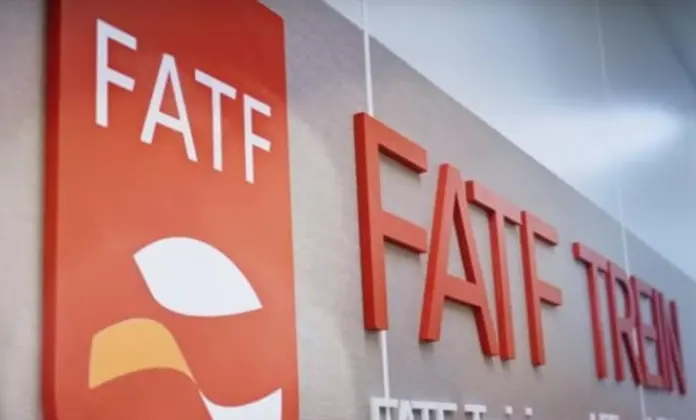New Delhi: Condemning the Pahalgam terror attack in April, global watchdog FATF on Monday said it has enhanced its focus on the steps that the countries have taken to combat terror financing, and will soon release a report on terror financing cases, including state-sponsored terrorism.
The rare condemnation by the Financial Action Task Force (FATF) shows that the “international community has felt the severity of the attack”, which killed 26 people in Pahalgam, Kashmir, on April 22, and spotlights that such attacks will not go unpunished, sources said, adding the terror attack was done by Pakistan-trained terrorists.
“Terrorist attacks kill, maim and inspire fear around the world. The FATF notes with grave concern and condemns the brutal terrorist attack in Pahalgam on 22 April 2025. This, and other recent attacks, could not occur without money and the means to move funds between terrorist supporters,” the FATF said in a statement.
Sources said FATF rarely issues condemnation of terrorist acts. It is only the third time in the last decade that they have issued condemnation of a terrorist attack.
It had earlier issued condemnations once in 2015 and then in 2019 in severe cases of terrorist attacks.
The FATF statement comes in the backdrop of Indian authorities highlighting Pakistan’s “persistent support for terrorism and its funnelling of multilateral funds for arms procurement”.
According to sources, such action by Pakistan warrants that the country be put in the “grey list” of the FATF.
India has consistently held that Pakistan has given safe haven to designated terrorists and the same was evident when senior military officials were present at the funeral of the terrorists killed in Indian military attacks of May 7.
Ahead of the next meeting of the Asia Pacific Group (APG) of FATF on August 25 and the next FATF plenary and working group meeting on October 20, India is preparing a dossier on the omissions and commissions by Pakistan with respect to FATF anti-money laundering and terror financing norms.
India will be submitting to the FATF for a grey listing of Pakistan.
The FATF, which is a global money laundering and terrorist financing watchdog and sets international standards that aim to prevent these illegal activities, also said that it will soon release a “comprehensive analysis of terrorist financing”, compiling cases provided by its global network consisting of 200 jurisdictions.
“It will also host a webinar to help public and private sectors understand the risks and stay alert to emerging threats,” it added.
Sources said the report on terror financing risks would be released in a month’s time. This is the first time the concept of “state sponsored terrorism” is being acknowledged by FATF as a funding source.
“Only India’s National Risk Assessment (NRA) recognises state-sponsored terrorism from Pakistan as a key TF risk. The inclusion of ‘state sponsored terrorism’ as a concept in the report demonstrates international recognition of state-sponsored terrorism by Pakistan,” sources added.
Pakistan’s history with FATF’s ‘grey list’ dates back to February 2008, when it was placed in the monitoring list. In June 2010 it was removed from the list, only to be brought back in February 2012, and then removed again in February 2015.
It was brought back in the list again for the third time in June 2018, and was later removed in October 2022 with FATF asking Pakistan to continue to work with APG to further improve its anti-money laundering/combating the financing of terror (AML/CFT) system.
Currently, there are 24 countries in FATF ‘grey list’. These countries are under increased monitoring and they have to address strategic deficiencies to counter money laundering, terrorist financing, and proliferation financing.
The FATF statement further said that as terrorism continues to threaten societies and citizens around the world, the global watchdog is supporting over 200 jurisdictions within its global network to build and enhance their counter-financing of terrorism (CFT) measures including through the strategic use of financial intelligence — making this one of the most powerful instruments for dismantling terrorist financing networks.
“In addition to setting out the framework for combating terrorist financing, the FATF has enhanced its focus on the effectiveness of measures countries have put in place. That is how, through our mutual evaluations, we have identified gaps that need to be addressed,” it added.
The FATF has been working for 10 years to help countries stay ahead of terrorist financing risk — for example relating to abuse of social media, crowd funding, and virtual assets.
FATF President Elisa de Anda Madrazo at the recent ‘No Money for Terror Conference’ in Munich, had said: “No single company, authority, or country can combat this challenge alone. We must be unified against the scourge of global terrorism. Because terrorists need to succeed only once to achieve their goal, while we have to succeed every time to prevent it.”













